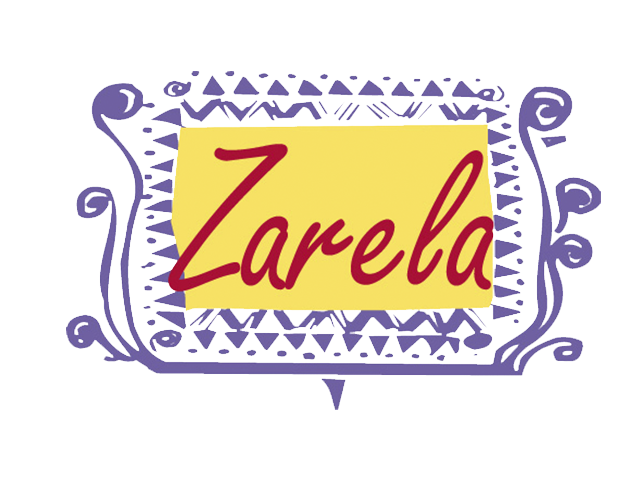
Duck with “The Curé’s Sauce” (Pato con salsa del cura)
This has become my absolutely favorite recipe for entertaining -- I serve it over and over, and even dinner guests who have already had it three times at my house are just as crazy about it the fourth time.
Ingredients
- 2 whole Long Island ducklings about 5 pounds each
- Salt to taste
- Freshly ground black pepper to taste
- 2 small white onions unpeeled
- 1 medium white onion peeled
- 14 cloves garlic 8 unpeeled
- 12 bay leaves
- 6 large ripe tomatoes chopped
- 6-8 sprigs thyme or 2 teaspoons crumbled dried thyme
- 2-3 sprigs marjoram or ¾ teaspoon crumbled dried marjoram
- 10 black peppercorns crushed in a mortar
- 12 green olives pitted
- 2 pickled jalapeño chiles seeded
- ¼ cup dry sherry I use fino
Instructions
- Preheat the oven to 400°F
- Rinse and thoroughly dry the ducks, inside and out. Pull out any loose fat from the cavities or around the tail vents and set aside. (If your ducks have been ruthlessly trimmed of loose fat, don’t worry.)
- Season the ducks inside and out with salt and pepper. Put 1 of the unpeeled white onions, 4 of the unpeeled garlic cloves, and 4 of the bay leaves in each of the cavities. Firmly close the skin of the cavities (and, if necessary, the necks) with small wooden skewers. Prick the skin all over with a fork to help release the fat in cooking.
- Place the ducks on a rack in a large roasting pan (or use two smaller pans with racks), and roast for 1½-2 hours, or until golden. Remove from the oven and let stand for 15 minutes.
While the duck is roasting, make the sauce.
- Chop the reserved duck fat into pea-sized bits and place in a small saucepan. (If your ducks have no loose fat to work with, wait until some of the body fat has started to render into the roasting pan but is still clear and unbrowned, and proceed as directed.) Set the pan over low heat and let cook, uncovered, for 20-25 minutes, or until you have a handful of crisp (not burned) cracklings in clear rendered fat. Strain the fat into a small bowl. Either discard the cracklings or quietly nibble on them, depending on your temperament.
- Cut the remaining onion and 6 cloves of garlic into chunks. In a large Dutch oven or wide saucepan, heat 3 tablespoons of the rendered duck fat over medium-high heat until rippling. Add the onion and garlic chunks and cook, stirring frequently, for about 5 minutes, until the onion is translucent. Add the tomatoes, thyme, marjoram, crushed peppercorns, remaining 4 bay leaves, and about 1 teaspoon salt, or to taste. Bring to a boil, reduce the heat to medium-low, and cook, covered, for 15 minutes, or until the consistency is that of a loose sauce. You should have 4-5 cups. Remove from the heat and let cool slightly.
- Working in at least 2 batches, thoroughly purée the sauce in a blender, occasionally stopping to scrape down the sides with a rubber spatula. Return the mixture to the pot, add the olives, pickled jalapeños, and sherry, and bring to a boil over medium heat. Cover, reduce the heat to maintain a simmer, and cook, stirring, occasionally, for 10 minutes, or until the flavors are nicely melded.
- Carve the duck into serving pieces and serve accompanied with the sauce. I like to spoon a pool of the sauce onto each serving plate, place a portion of duck on it, and pass the remaining sauce in a small bowl or pitcher.
Nutrition
Calories: 1107kcalCarbohydrates: 14gProtein: 32gFat: 102gSaturated Fat: 34gCholesterol: 194mgSodium: 379mgPotassium: 963mgFiber: 3gSugar: 6gVitamin A: 1652IUVitamin C: 33mgCalcium: 79mgIron: 7mg